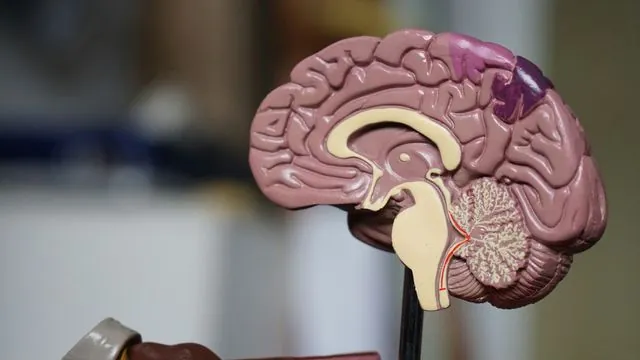
Revolutionary Study Reveals How Pediatric Brain Tumors Thrive
2025-09-01
Author: Arjun
A Breakthrough in Understanding Pediatric Brain Tumors
Pilocytic astrocytoma (PA), the most prevalent brain tumor type among children, represents about 15% of all pediatric brain tumors. While generally non-life-threatening, these tumors can severely disrupt normal brain development and function. Traditional treatments primarily aim to remove tumor cells, but a groundbreaking study reveals new insights into how these tumors grow, potentially guiding innovative therapies.
The Role of Glutamate in Tumor Growth
Researchers from Washington University School of Medicine in St. Louis have identified a critical link between a nerve signaling chemical called glutamate and the growth mechanisms of pediatric brain tumors. Although glutamate has long been known to promote cancer growth, the specifics of this process remained elusive—until now. The team discovered that tumor cells hijack glutamate receptors, reprogramming them to boost cell proliferation instead of transmitting standard electrical signals.
A Promising Path Forward with Existing Drugs
The investigation revealed that existing medications, like memantine—a drug traditionally used for Alzheimer’s and dementia—successfully inhibited tumor growth in mice. This opens up a new avenue for treatment, using drugs that are already well understood and approved for other neurological conditions.
Expert Insights on Treatment Options
Senior author Dr. David Gutmann emphasized the lack of effective treatments for pediatric brain tumors, stating, 'With these kinds of pediatric brain tumors, we just don’t have that many tools in our toolbox for treating patients.' The potential to repurpose established drugs could provide novel strategies to combat these challenging tumors.
Unlocking New Mechanisms of Tumor Growth
The research also marked the first discovery of how glutamate receptors pair with growth receptors in PA, fueling tumor expansion. 'This novel mechanism for tumor growth combines normal brain processes—growth and electrical signaling—in a distorted manner,' explained lead researcher Dr. Corina Anastasaki. This newfound knowledge paves the way for extensive future studies into various cancers that might employ similar growth tactics.
What’s Next for Pediatric Brain Tumor Treatments?
Looking forward, researchers aim to determine the safety and dosage of glutamate receptor-targeting medications for children with brain tumors, a process that will necessitate clinical trials. Gutmann commented, 'This study provides compelling preclinical data to examine medications that are already safe and approved for other conditions, enabling new therapeutic approaches.'






 Brasil (PT)
Brasil (PT)
 Canada (EN)
Canada (EN)
 Chile (ES)
Chile (ES)
 Česko (CS)
Česko (CS)
 대한민국 (KO)
대한민국 (KO)
 España (ES)
España (ES)
 France (FR)
France (FR)
 Hong Kong (EN)
Hong Kong (EN)
 Italia (IT)
Italia (IT)
 日本 (JA)
日本 (JA)
 Magyarország (HU)
Magyarország (HU)
 Norge (NO)
Norge (NO)
 Polska (PL)
Polska (PL)
 Schweiz (DE)
Schweiz (DE)
 Singapore (EN)
Singapore (EN)
 Sverige (SV)
Sverige (SV)
 Suomi (FI)
Suomi (FI)
 Türkiye (TR)
Türkiye (TR)
 الإمارات العربية المتحدة (AR)
الإمارات العربية المتحدة (AR)